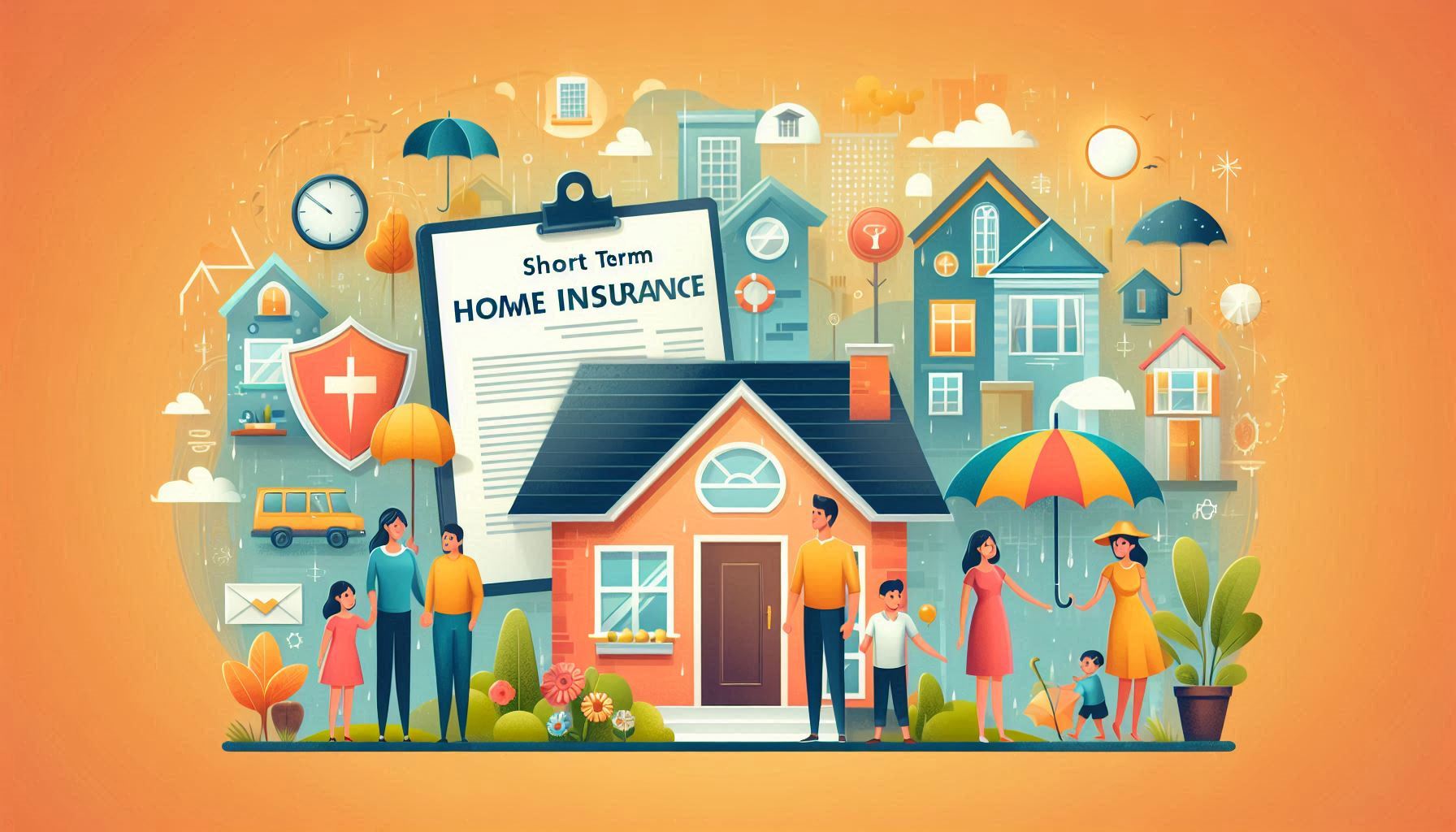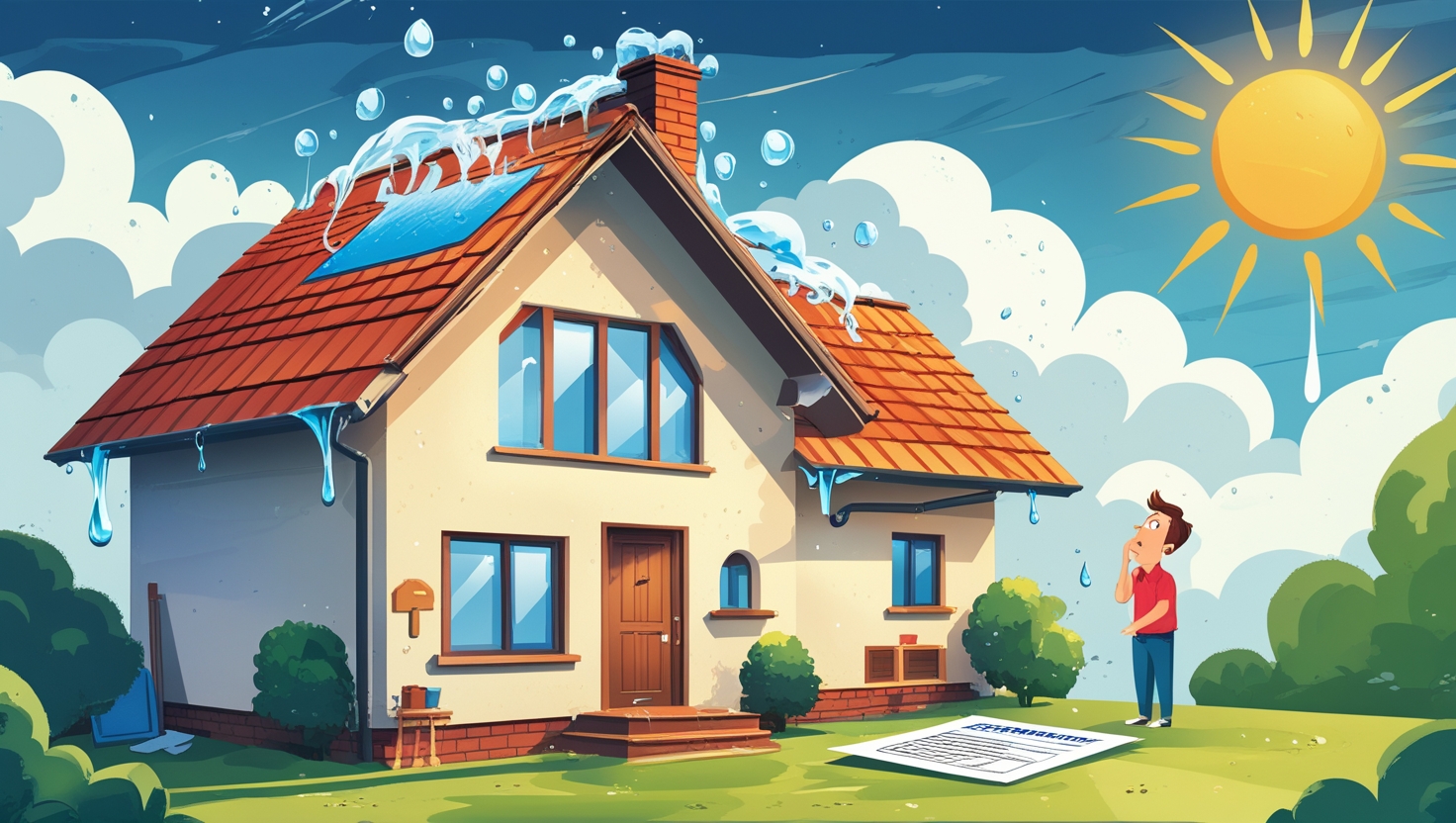The Allure of the Getaway: Why People Invest in Second Homes
Having a second home can feel like owning a slice of paradise. They serve as personal retreats, places where families can bond, and environments to escape hectic daily lives. Whether it’s a cozy cabin in the woods or a beachfront bungalow, second homes provide an opportunity for relaxation and adventure away from the daily grind. Who wouldn’t want to swap their urban commute for a scenic mountain drive?
Popular Types of Second Homes: Lakehouses, Beach Cottages, and Mountain Cabins
Let’s face it; when it comes to second homes, variety is the spice of life. From quaint cottages perched on serene lake shores to luxurious beach homes that let you catch sunsets from your porch, the choices are nearly endless. Mountain cabins offer a chilly retreat with the promise of hot cocoa and snowy adventures, while beach cottages encourage sun-soaked joys and sandy toes. Each type brings its own charm and requires distinct considerations when it comes to insurance.
The Basics of Second Home Insurance
What Is Second Home Insurance and How Does It Differ?
Second home insurance is not merely a copycat of your primary homeowner’s policy. It is specifically tailored to protect properties that aren’t your primary abode. This is crucial as it needs to account for various factors such as seasonal occupancy and potential rental situations. Don’t be surprised if your insurance agent raises an eyebrow when you claim that your second home is “barely ever occupied.” They know better!
Key Coverage Options for Your Second Home
When insuring your second home, you should consider several coverage options, including dwelling coverage, personal property protection, and additional living expenses coverage. Most policies will also offer liability protection to cover injuries that may happen on your property. Think of it as your safety net for spontaneous family gatherings or friends’ epic slip and fall moments on the kitchen tiles.
The Importance of Liability Coverage: Protecting Your Investment
Liability coverage is especially vital for second homes, considering the number of guests you might entertain. An unexpected barbecue mishap resulting in singed eyebrows could lead to nasty legal ramifications. Opting for adequate liability coverage helps ensure you won’t end up footing a hefty medical bill or, worse, defending yourself in court. Take that from someone who learned the hard way that accidents do happen.
Evaluating Your Insurance Needs
Assessing Risks: What to Consider When Insuring Your Second Home
Understanding risks is crucial. If your second home is in an area prone to wildfires, floods, or hurricanes, you’ll need specialized coverage options. Research the history of your region and engage with your insurance representative to get tailored advice. You wouldn’t want a surprise 2 a.m. wake-up call of overflowing waters knocking on your door.
Location, Location, Location: How Geography Impacts Insurance Rates
The real estate mantra of “location, location, location” rings true when it comes to insurance as well. Coastal properties might face higher premiums due to their vulnerability to storms. Similarly, homes in high-crime areas might command a steeper price tag for protection. Remember, the charm of the view should match the practicality of the coverage.
Seasonal Use vs. Year-Round Living: Coverage Considerations
Is your second home a winter wonderland that you visit for a few months each year, or is it your go-to summer escape? The frequency of usage affects your insurance needs. True year-round living requires a continuous coverage approach, while seasonal homes might allow for specific policy options designed for limited occupancy. Choose wisely, so your insurance fits your lifestyle as perfectly as those new winter boots you bought!
Renting It Out? Understanding Short-Term Rental Insurance
If you think renting out your second home while you’re not using it could be a smart move, consider short-term rental insurance. Platforms like Airbnb have made renting a breeze, but this doesn’t mean you can skip out on protection. Ensure your policy covers damages caused by guests and provides adequate liability coverage. Your cousin Dave may be a great guest, but you don’t want any surprises if his friends decide to throw a raging party!
The Ins and Outs of Policy Types
Homeowner’s Insurance vs. Second Home Insurance: What’s the Difference?
A common misconception is that homeowner’s insurance for your primary residence will automatically cover your second home. Not quite! Homeowner’s insurance is designed for properties you live in as your main residence, while second home insurance offers specialized terms and conditions to cater to properties intermittently occupied. It’s like trying to fit a round peg in a square hole—just doesn’t work!
Understanding Vacation Home Policies: Unique Needs for Unique Homes
Vacation homes come with their own set of unique risks and considerations. These may include distinct pricing structures or coverage limitations based on location and seasonality. Policies may also have specific rules regarding rentals, liability, and even how long you’re permitted to stay. Ensure you understand every nuance of vacation home policies so you can fully enjoy your home away from home without worrying about coverage gaps.
Umbrella Insurance: Is It Worth It?
Umbrella insurance provides additional liability coverage beyond your existing policies, ensuring you’re safe from significant financial losses. Suppose a friend decides to take an unscheduled dip in your pool after a few too many drinks and sustains an injury. An umbrella policy might save you from drowning in medical bills and legal fees. For those with second homes, adding an umbrella policy can provide peace of mind without breaking the bank.
Factors Impacting Insurance Premiums
The Role of Property Value in Determining Premiums
It’s no secret that the value of your property directly influences your insurance premiums. A beach cottage with panoramic views might cost more to insure than a quaint cabin in the woods. Expensive furnishings and high-tech amenities also play a factor. Take the time to accurately assess your property’s value to ensure you’re not under- or over-insuring.
Security Features and Their Impact on Costs: Locks, Alarms, and More
Good news! Investing in security features doesn’t just protect your second home; it can also lead to lower premiums. Insurance companies appreciate a home equipped with modern security systems, deadbolts, fire alarms, and even security cameras. It’s like getting a pat on the back from your insurance agent. You may not become Batman, but you might just save a few bucks!
The Age and Condition of Your Home: Why It Matters
Older homes can pose unique risks, such as outdated electrical systems or a leaky roof, and insurance companies may adjust premiums accordingly. Regular maintenance and updates can keep your premiums in check while ensuring the house stays in excellent condition. Remember, a little upkeep today prevents substantial headaches tomorrow!
Discounts and Savings: Making Insurance Affordable
Bundling Policies: The Insider Secret to Saving Money
If you own a primary residence and a second home, consider bundling your insurance policies. Many insurers provide discounts when you combine home insurance, auto coverage, and even life insurance under one roof—yours! This approach can lighten the financial load while ensuring everything stays safeguarded under one umbrella (insurance).
Loyalty Discounts: Are They Really Worth It?
Staying with one insurance company can earn you loyalty discounts, but don’t let loyalty blind you from exploring other options. It pays (literally!) to compare annual rates regularly. Just because you’ve been with the same company for years doesn’t mean you’re getting the best deal. It’s okay to be the insurance equivalent of a social butterfly!
The Dreaded High Deductible: Pros and Cons Explained
Opting for a higher deductible can lower your premiums, but it also means you’ll pay more out of pocket when something goes wrong. Assess your financial situation before choosing this route. If you can comfortably cover the deductible in case of an incident, it might be a good move. Just make sure to keep your emergency fund intact, because nothing spoils a vacation like an unexpected bill.
When to Update Your Policy
Signs It’s Time for a Policy Review: What to Look For
Regular reviews of your insurance policy are as important as an annual health check-up. If you’ve made any significant changes, such as renovations or major purchases, it’s time to reassess your coverage. Look for changes in your local insurance market as well—rates may shift, and you’d want to ensure you’re still well-protected.
Changes to Your Home: Additions, Renovations, and Insurance Implications
Did you finally add that hot tub or inground pool? Great! But don’t forget, these additions may increase your liability risks and affect your premium. Make sure to inform your insurer of any major upgrades to ensure you’re adequately covered. Your new outdoor oasis should be enjoyed worry-free!
How Often Should You Shop for Better Rates?
It’s wise to shop for new rates at least once a year, especially when your life circumstances change. You may find discounts or new policy options that better fit your lifestyle. Change can be good—not just for your wardrobe but for your insurance too!
Navigating Claims and Renewals
How to File a Claim Without Losing Your Mind
Filing an insurance claim can feel like trying to navigate a maze blindfolded. Start by documenting everything: snapping photos, saving receipts, and keeping detailed notes of conversations with your insurance agent. Clear communication and thorough record-keeping can make the process smoother, so you don’t end up caught in a web of confusion.
The Renewal Process: What to Expect Each Year
When your renewal notice arrives, don’t just pay and forget about it. It’s a perfect opportunity for another policy review. Rates may change yearly, and you could find better options elsewhere. Don’t hesitate to ask questions and negotiate terms; it’s your money, after all!
Handling Disputes with Insurers: Your Rights as a Policyholder
Sometimes disputes arise, whether over a claim amount or policy terms. Familiarize yourself with your rights as a policyholder and know that you can contest decisions. Don’t shy away from asking for clarity—after all, being informed is part of protecting your investment!
Common Myths About Second Home Insurance
Debunking the Cost Myths: Is Insurance Really That Expensive?
Many people believe second home insurance is prohibitively expensive. While it may have higher premiums than standard homeowner’s insurance, rates vary significantly based on location, property type, and coverage amounts. With due diligence, you can find a policy that suits your budget without sacrificing protection.
Misunderstandings About Coverage: What Most People Get Wrong
One big misunderstanding is that folk think they’re okay with a homeowner’s policy alone, without realizing that second homes have unique needs. In truth, skipping specialized coverage can lead to substantial financial risks. Awareness is key to ensuring you’re adequately prepared for any eventuality.
The Benefits of Proper Insurance
Peace of Mind: Why Insurance Can Really Save Your Sanity
Investing in good insurance provides invaluable peace of mind. Whether it’s a weather-related mishap or an accident involving guests, knowing you’re covered can allow you to truly relax. After all, the purpose of your second home is to escape, not to stress—it’s less about the worries and more about the memories!
Investment Protection: Safeguarding Your Financial Future
A well-insured second home is less of a liability and more of an asset. Protecting your investment ensures you won’t suffer devastating financial losses should something happen. Think of it as securing your dream and adventure playground for years to come.
The Advantage of Being Prepared: Learning from Others’ Mistakes
Stories of woe from others who didn’t think ahead can teach valuable lessons. Take heed of tales where neglecting insurance led to disaster. Nothing like a cautionary tale to motivate you to secure that second home!
Conclusion
Recap: Why Quality Insurance Matters for Your Second Home
Securing proper insurance for your second home isn’t just an extra step—it’s essential for safeguarding your investment and enjoying your getaway without worry. Every unique home comes with unique risks, and quality insurance helps mitigate those concerns.
Final Thoughts: Making Smart Choices for Sunny Escapes and Cozy Retreats
Taking the time to understand and evaluate your insurance needs ultimately pays off. Do your homework, ask questions, and don’t be afraid to switch things up if better options arise. With diligence and a little humor, managing your second home’s insurance can be a breeze!
A Little Humor to End On: Climbing the Insurance Mountain Without Getting Lost
Insurance may look like a towering mountain of paperwork, but remember, with the right guide (your trusty insurance agent) and a map (your policy), you can navigate it smoothly! Just don’t forget to enjoy the view along the way—it’s where the real fun is!



